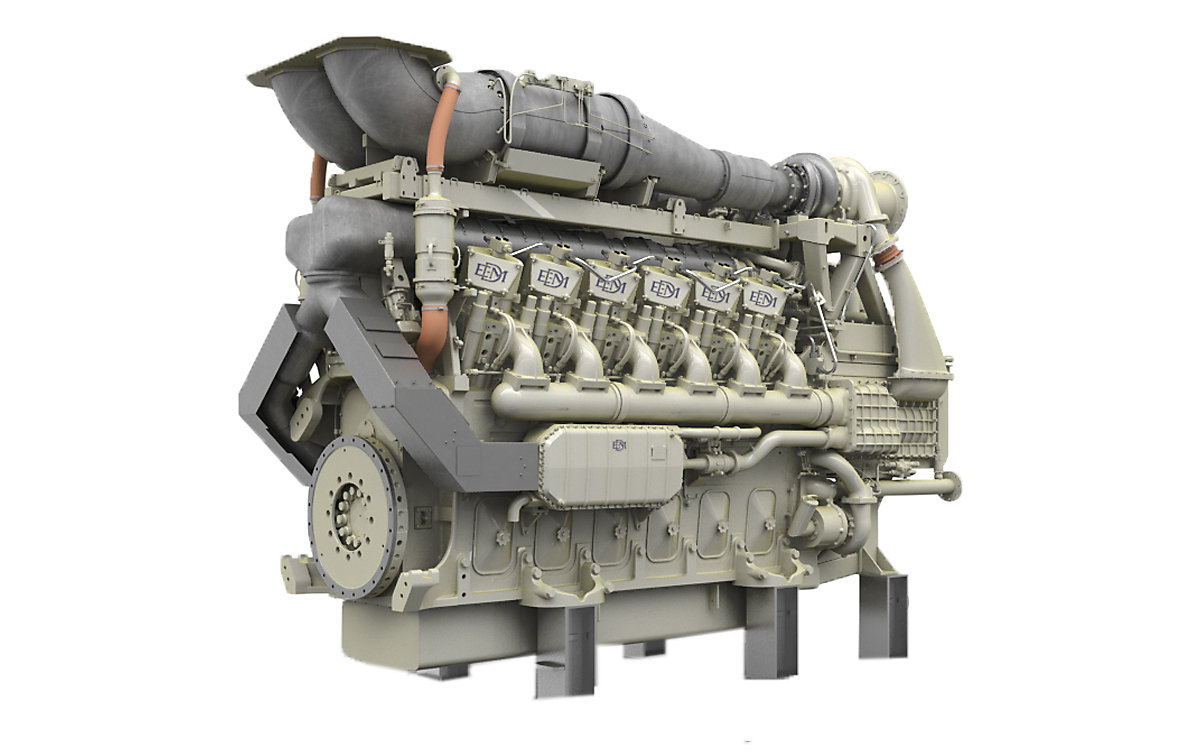Discover Durable and Efficient Products from Engines For Africa
Discover Durable and Efficient Products from Engines For Africa
Blog Article
A Total Overview to Choosing the Right Engine for Your Job
Choosing the ideal engine for your job is an essential choice that can significantly affect its overall success. Each of these elements plays a critical function in ensuring that your chosen engine not just satisfies prompt purposes however also aligns with long-term ambitions.
Define Your Job Demands
Specifying your task needs is a critical action in picking the suitable engine for effective implementation. A comprehensive understanding of your task's purposes will guide you in identifying the functions and abilities required from an engine. Begin by outlining the scope of your job, consisting of the wanted performance, target audience, and the particular end results you intend to attain.
Next, consider the technical demands that align with your task objectives. This consists of examining the compatibility of the engine with existing systems, as well as the programs languages and frameworks that will certainly be used. In addition, assess the degree of scalability needed to accommodate future growth or adjustments sought after.
Budget plan restraints likewise play an important role in specifying your task requires. Establish a clear financial structure to assist your decision-making process, ensuring that the engine chosen fits within your spending plan while offering the required capability.
Evaluate Performance Requirements

Next, take into consideration the scalability of the engine. Examine whether it can handle enhanced workloads as your project grows. Engines that sustain horizontal scaling are usually more effective for bigger applications. Furthermore, evaluate the engine's efficiency under various conditions, such as peak use scenarios, to ensure it meets your reliability standards.
Think About Ease of Usage
While technological specs are crucial, the convenience of usage of an engine can significantly influence the growth procedure and total job success. An user-friendly interface, clear documents, and streamlined process can drastically minimize the knowing curve for designers, enabling them to concentrate on imagination and problem-solving as opposed to coming to grips with complicated tools.
When examining an engine's convenience of use, think about the onboarding experience. A well-structured introduction, full with tutorials and example tasks, can assist in a smoother transition for new individuals. Additionally, the quality and comprehensiveness of the engine's documentation play a crucial role; extensive overviews and API references can encourage developers to repair and carry out functions successfully.
An engine that enables for simple adjustments can be more easy to use, as programmers can customize it to fit their specific demands without substantial trouble. Inevitably, choosing an engine that prioritizes convenience of usage can lead to an extra effective and pleasurable development experience.
Assess Area and Assistance
The stamina of an engine's neighborhood and support network can greatly influence a programmer's experience and success. When evaluating an engine, take into consideration the dimension and activity degree of its community.
Furthermore, review the accessibility of main assistance channels. Trusted documents, receptive client support, and routine updates are important for More hints attending to technological issues and maintaining your task on course. Engines For Africa. Active neighborhoods additionally promote cooperation, offering possibilities for networking and feedback, which can be very useful, specifically for tiny teams or independent developers
Furthermore, examine the Recommended Reading visibility of community-run occasions, such as hackathons or meetups. These gatherings can enhance your understanding of the engine while attaching you with possible collaborators and skilled users. In summary, a durable neighborhood and support group not just streamline advancement however likewise develop a setting helpful to learning and innovation, eventually boosting the chance of your project's success.
Compare Price and Licensing Options
Budget factors to consider play an important role in picking the appropriate engine for your job, as the expense and licensing alternatives can significantly affect both temporary expenses and lasting viability. Engines For Africa. Various engines provide varying rates structures, which can include single acquisition fees, registration versions, or revenue-sharing arrangements based on your project's incomes

Certifying options likewise vary significantly. Some engines are open-source, providing versatility and community-driven assistance, while others may call for exclusive licenses that restrict use and circulation. Comprehending the implications of each licensing version is vital, as Read Full Article it influences ownership rights, future scalability, and possible lawful obligations.
Final Thought
To conclude, picking the appropriate engine for a project necessitates an extensive evaluation of specified task requirements, performance needs, ease of usage, area assistance, and price factors to consider. By systematically addressing these essential factors, decision-makers can ensure alignment with both present and future project needs. An educated choice inevitably improves the likelihood of task success, enabling efficient source allowance and making best use of prospective end results within the specified financial constraints.
Choosing the ideal engine for your project is an essential decision that can dramatically affect its total success.Defining your project requires is a critical step in choosing the ideal engine for successful application. A thorough understanding of your project's objectives will lead you in identifying the abilities and attributes required from an engine.Once you have a clear understanding of your job requires, the following action is to review the efficiency requirements of the engine.In conclusion, choosing the proper engine for a task demands a comprehensive examination of specified task demands, efficiency needs, ease of use, community support, and cost considerations.
Report this page